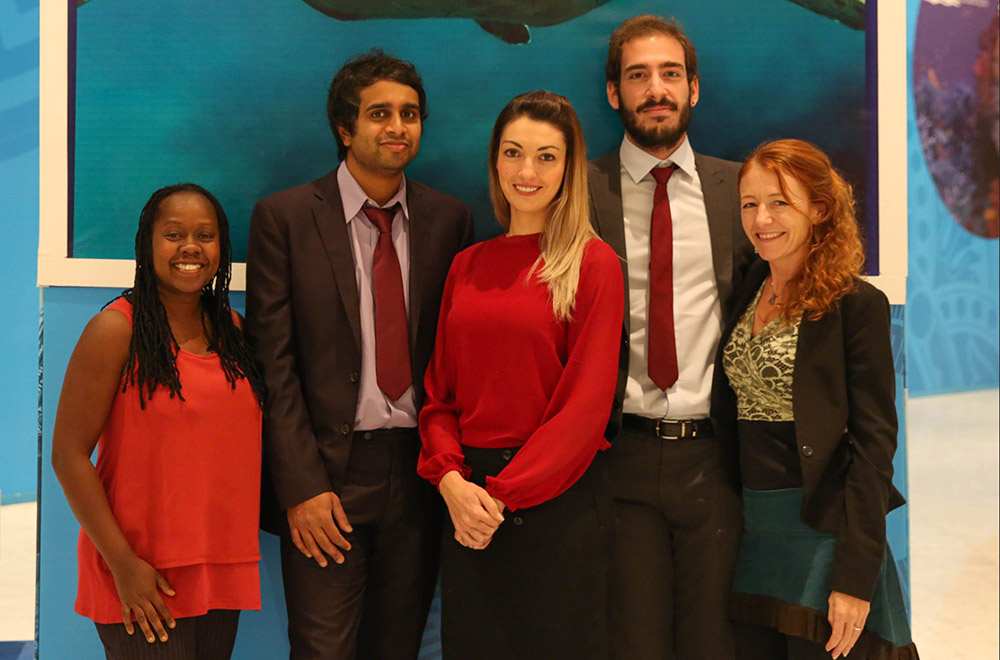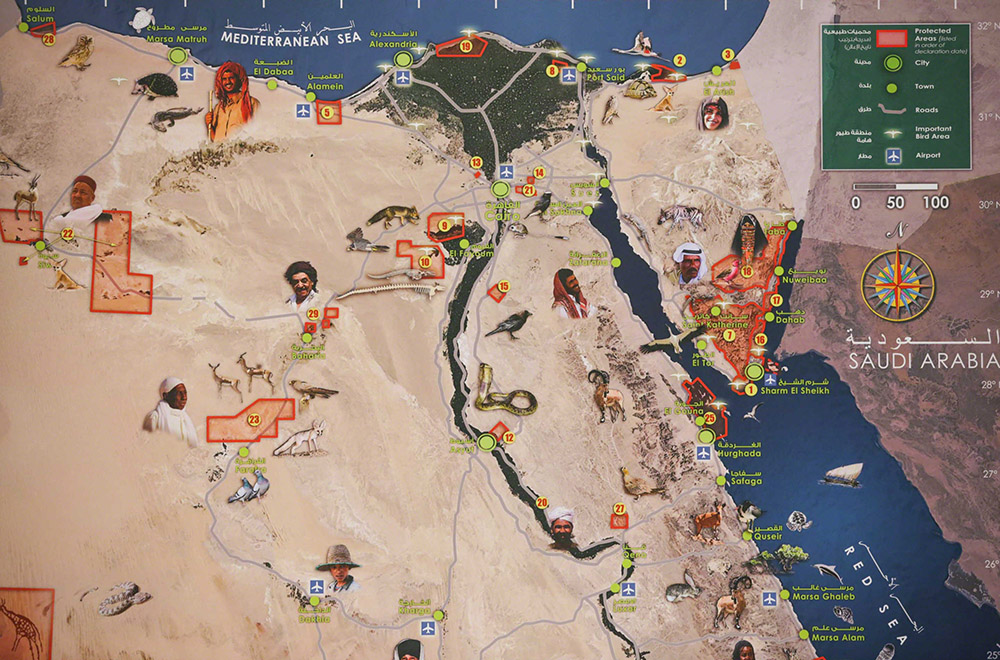Summary
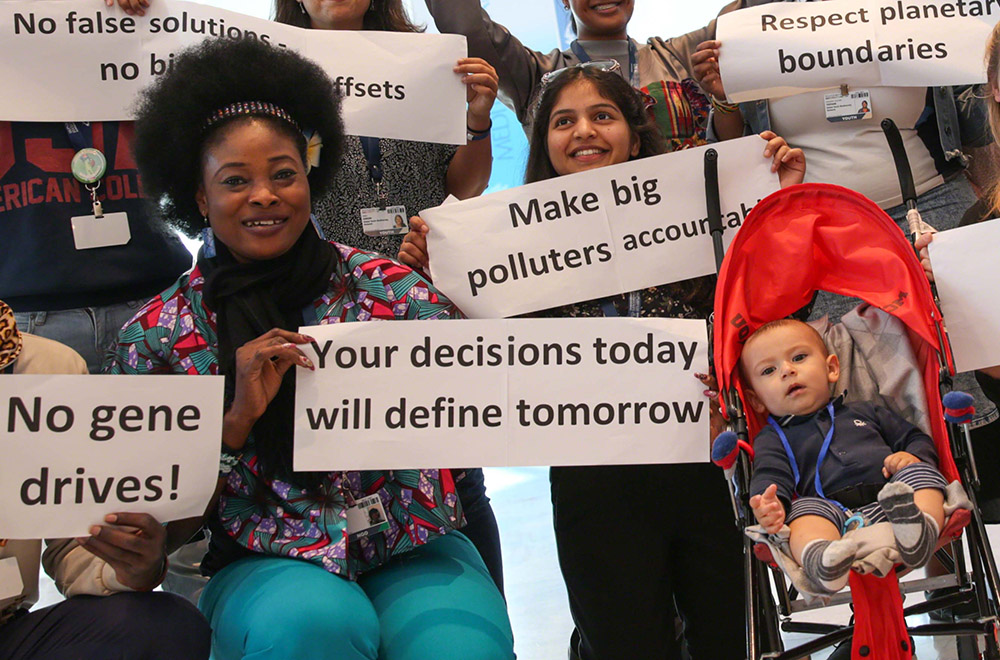
The following events were covered by IISD Reporting Services on Wednesday, 28 November 2018:
Photos by IISD/ENB | Kiara Worth
For photo reprint permissions, please follow instructions at our Attribution Regulations for Meeting Photo Usage Page
Capitalizing on Regional Cooperation for Post-2020 Dialogue
Hosted by Former Yugoslav Republic of Macedonia, Republic of Serbia, South-East Europe Biodiversity Task Force (BD TF), Southern African Development Community (SADC), International Union for Conservation of Nature (IUCN), and Deutsche Gesellschaft für Internationale Zusammenarbeit GmbH (GIZ), with representatives of the German Federal Ministry for Economic Cooperation and Development (BMZ), and European Commission – Directorate General for the Environment
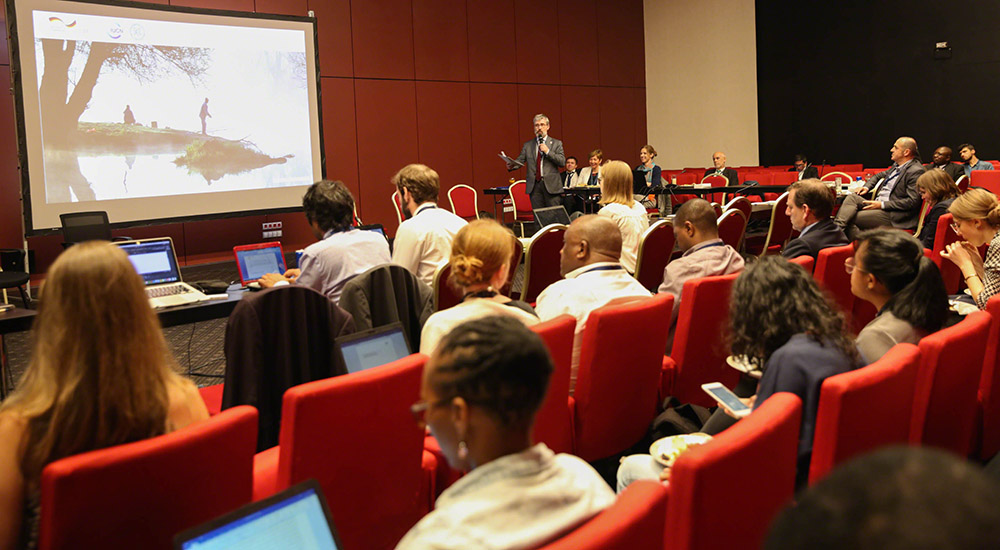
Posted by Facebook on Wednesday, November 28, 2018
This side event, moderated by Kristina Kujundžić, GIZ, aimed to catalyze ideas on the role of regional cooperation in the implementation of the Aichi Biodiversity Targets and in shaping the post-2020 biodiversity agenda. Knowledge generated from the side event served to mobilize human, technical and financial resources towards the Post-2020 Biodiversity Framework.
Participants highlighted as key messages:
- regional planning, coordination and monitoring for sustainable development is important;
- regional cooperation accelerates progress towards the achievement of biodiversity targets; and
- a unified voice on biodiversity-related issues can help inspire sustainable development through regional approaches.
Matthias Krause, BMZ, noted the importance of regional cooperation in addressing shared challenges and highlighted that biodiversity is among key focus areas of BMZ. He stressed that the Ministry has a mission to support developing countries in using their natural capital for sustainable development, noting that 50% of their wealth comes from natural capital. He highlighted that the Ministry supports different actors, including academia, governments and civil society organizations, on the biodiversity and ecosystem assessment and its socio-economic valuation. He also said that transfrontier conservation areas in least developed countries facilitate the establishment of synergies, while strengthening dialogue between countries to attract cross-border cooperation in various sectors. He concluded that regional cooperation facilitates the realization of the 2050 Vision, as well as the Post-2020 Biodiversity Framework. He added that the new publication of BMZ and BMU ‘’Committed to Biodiversity” showcase across the world initiatives supported and benefits generated from biodiversity conservation, including the gender aspects and economic valuation of ecosystem services in South-East Europe.
Boris Erg, IUCN, moderated an interactive panel discussion on efforts to develop regional cooperation platforms for enhancing biodiversity protection.
Humberto Delgado Rosa, European Commission-DG for the Environment, discussed how the EU fosters regional cooperation across borders, highlighting the Nature 2000 sites as the largest coordinated network of conservation areas with more than 27,000 sites. He noted the importance of coordinated bioregional management of natural resources across the EU, particularly in fostering green infrastructure approaches through the European Green Belt Initiative.
Tawanda Gotosa, SADC Secretariat, spoke on the range of efforts developed by the SADC to support the Convention on Biological Diversity (CBD), including on law enforcement, forestry and fisheries, as well as on establishing biodiversity action plans to address the Aichi Biodiversity Targets. He noted regional challenges for cooperation, including the fact that many rural inhabitants live in poverty and depend heavily on the use of natural resources. On specific measures towards regional cooperation, he identified, inter alia, the need to: ensure protected areas are collectively managed; identify new protected areas; and develop stronger law enforcement in the illegal harvesting of the white rhino. He mentioned three pilot transfrontier conservation areas benefitting from collaboration between SADC and BMZ support, stressing emphasis being placed on cross-border tourism and ecotourism.
Vlatko Trpeski, Ministry of Environment and Physical Planning, Macedonia, and Chair of BD TF, described the South-East European Biodiversity Task Force (BD TF) as an intergovernmental technical advisory body to mainstream biodiversity in overall and specific targets and to strengthen efforts for the conservation of biodiversity in the region. On specific themes of the Task Force, he mentioned: streamline and monitor progress in implementing biodiversity-related Conventions and Agreements; integrating biodiversity protection into national sectoral policies; and improving cross-cutting issues, including on capacity development, communication and resource mobilization.
In the ensuing discussion, panelists answered questions on: the challenges of mainstreaming biodiversity in different sectors; illegal wildlife trade and poaching in the Southern African region; and the proper utilization of biodiversity information in the context of regional synergies. Gotosa stressed that Southern African countries affected by poaching and illegal trafficking have created partnerships to tackle the issues together and stressed the need for mobilizing additional resources for capacity development. The BD TF member from Montenegro and the representative of GBIF noted the importance of joint efforts in the BD TF for effective protection of species and highlighted the Task Force’s experience with biodiversity information that can become relevant in other regions. The CBD NFP of the Republic of Serbia and member of the BDTF said that the involvement of stakeholders from the initial stages of project design is paramount, together with ensuring that local voices are taken into consideration. She also noted that through capacity-building activities, the BD TF was able to draw regional recommendations for ecosystem services assessment and valuation, which will be taken on board for future planning towards the post-2020 biodiversity agenda. The CBD NFP of Bosnia and Herzegovina highlight on close connection of the climate change related processes and the Paris Agreement, with CBD and post-2020 dialogue.
Director Delgado Rosa expressed the appreciation on commitment of regions to post-2020 dialogue and invite the BDTF and SADC to consider the voluntary reporting and making pledges on further commitments.
In conclusion, Erg underscored the “new landscape for cooperation,” as identified in the discussion, stressing the importance of cross-sectoral, regional and cross-regional cooperation with involvement of all actors, including the local communities. Kujundžić noted the importance of feeding discussions on regional cooperation into the CBD discussions in plenary.
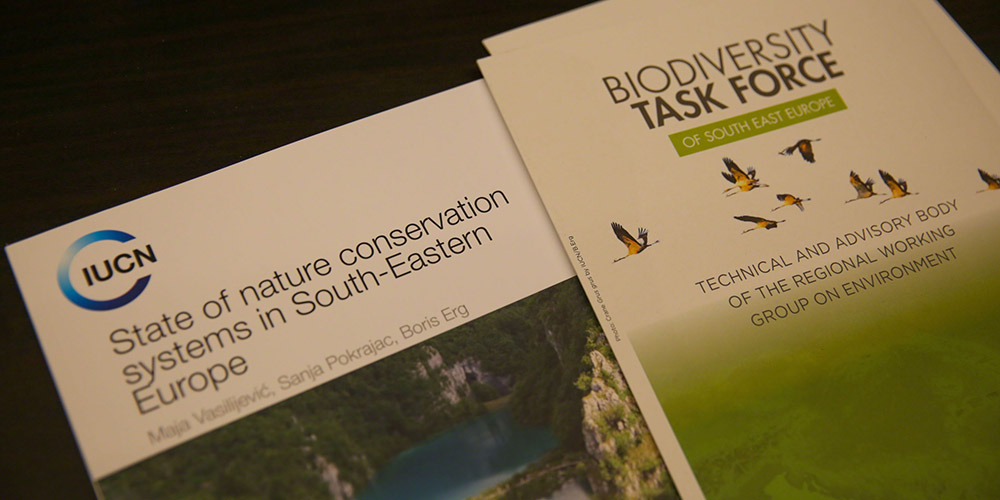
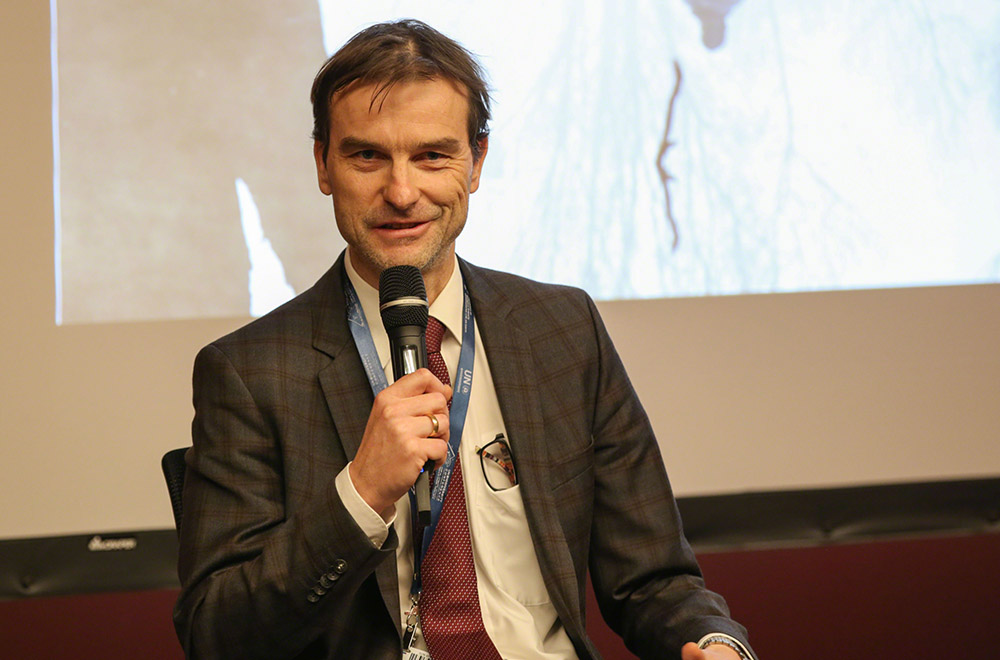
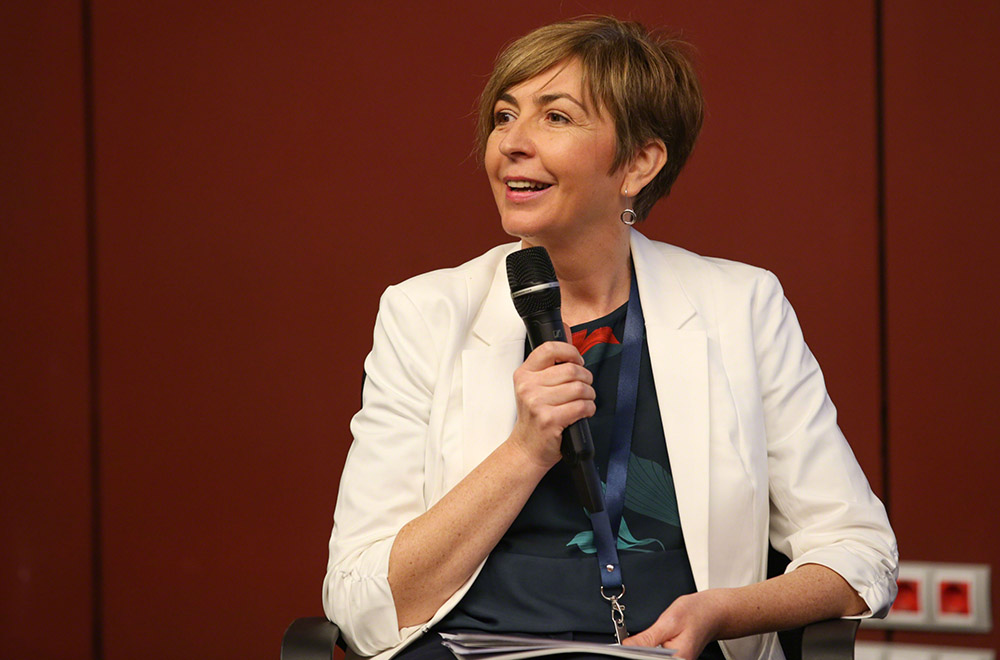
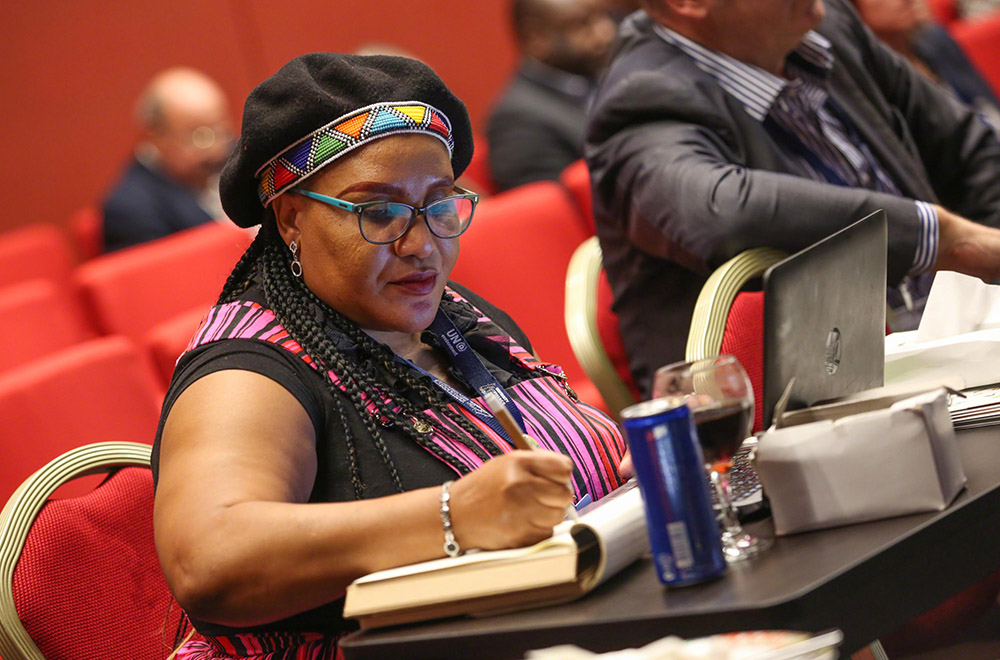
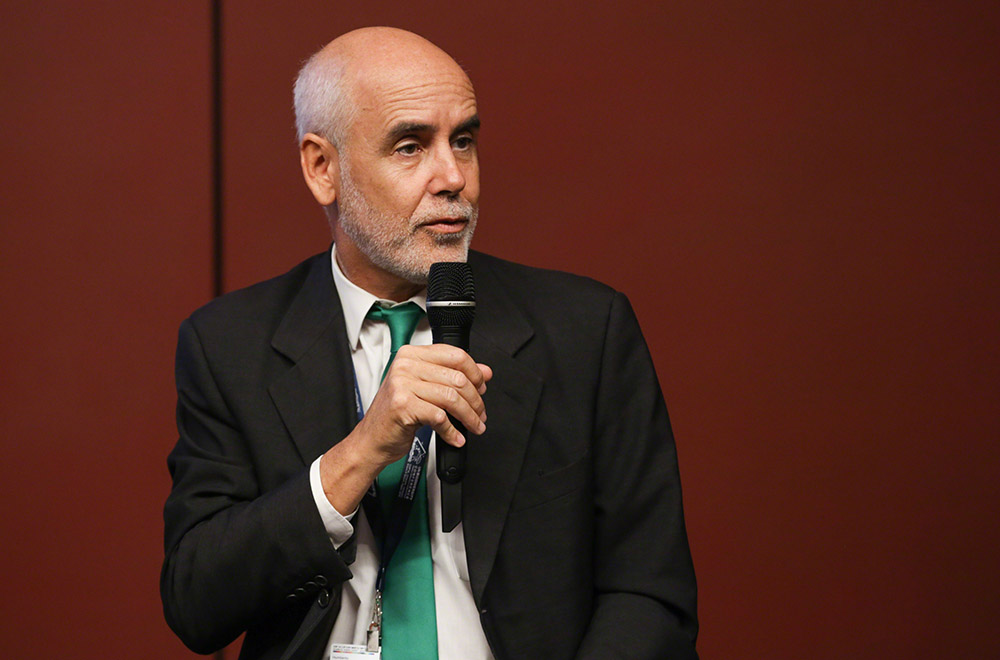
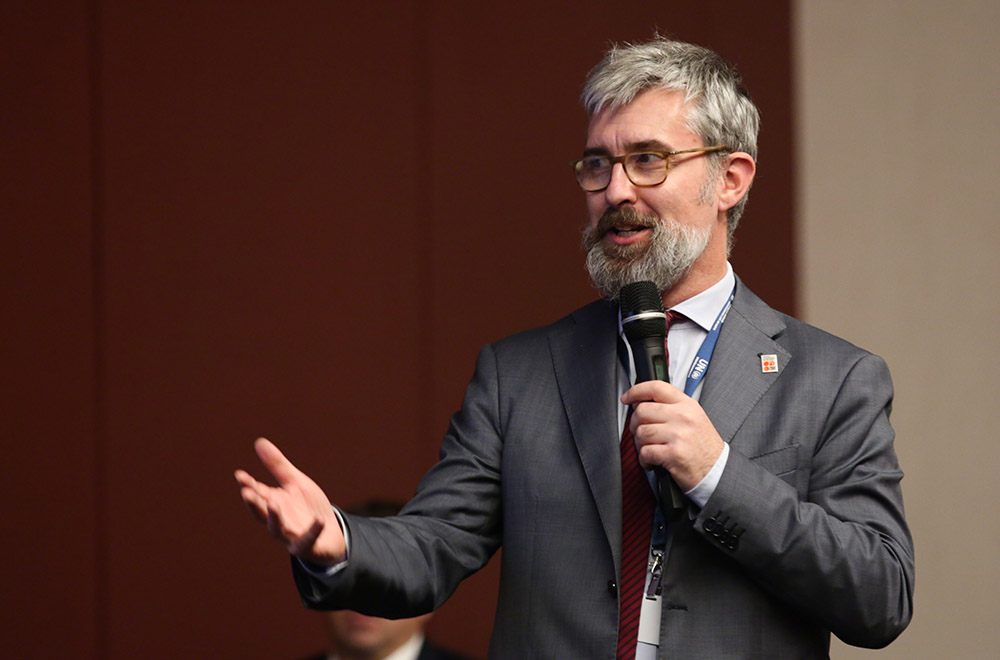
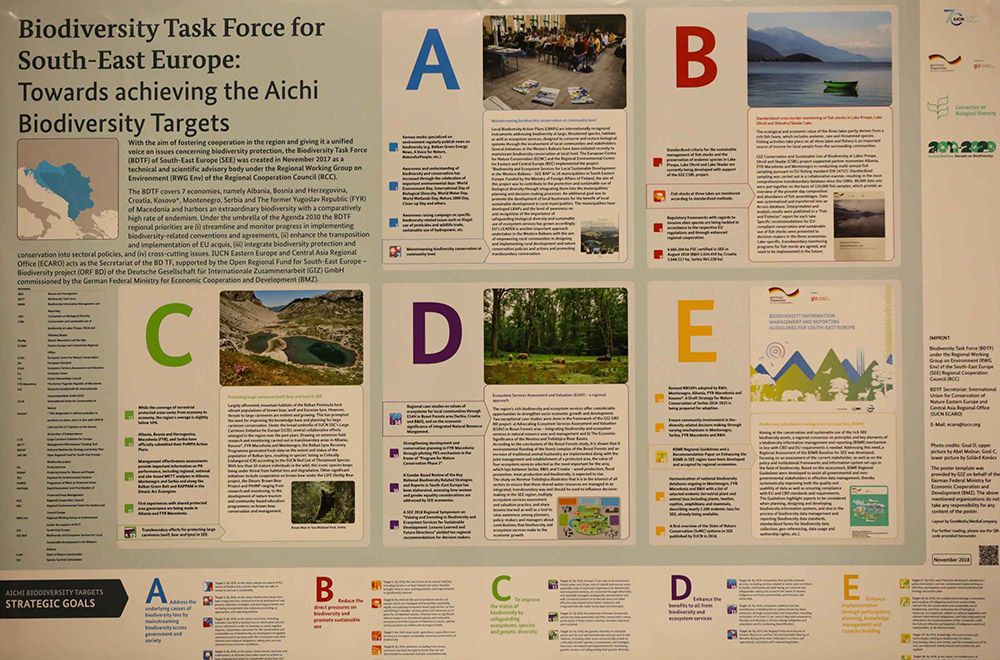
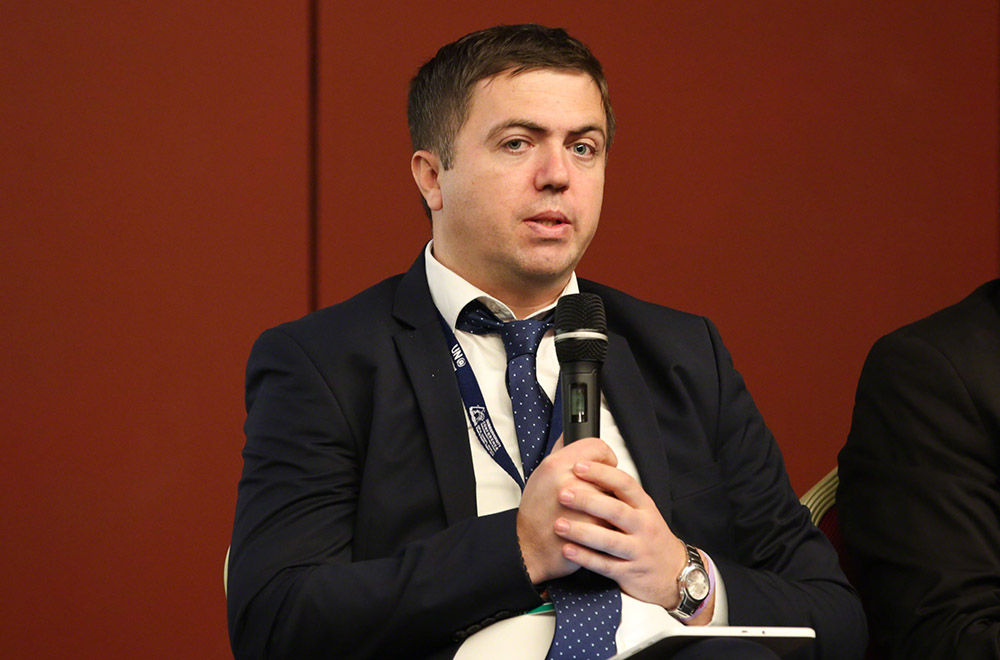

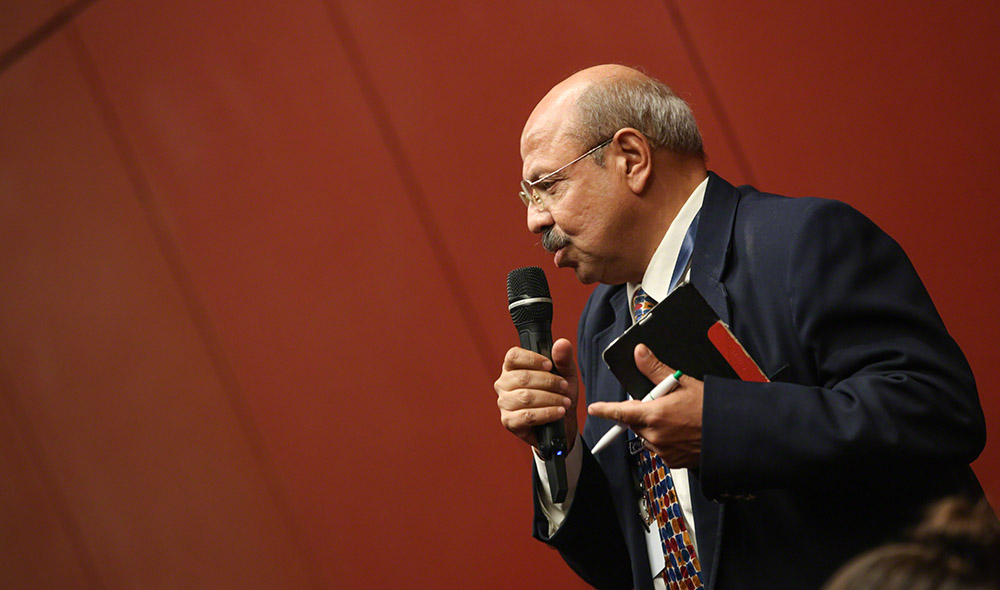

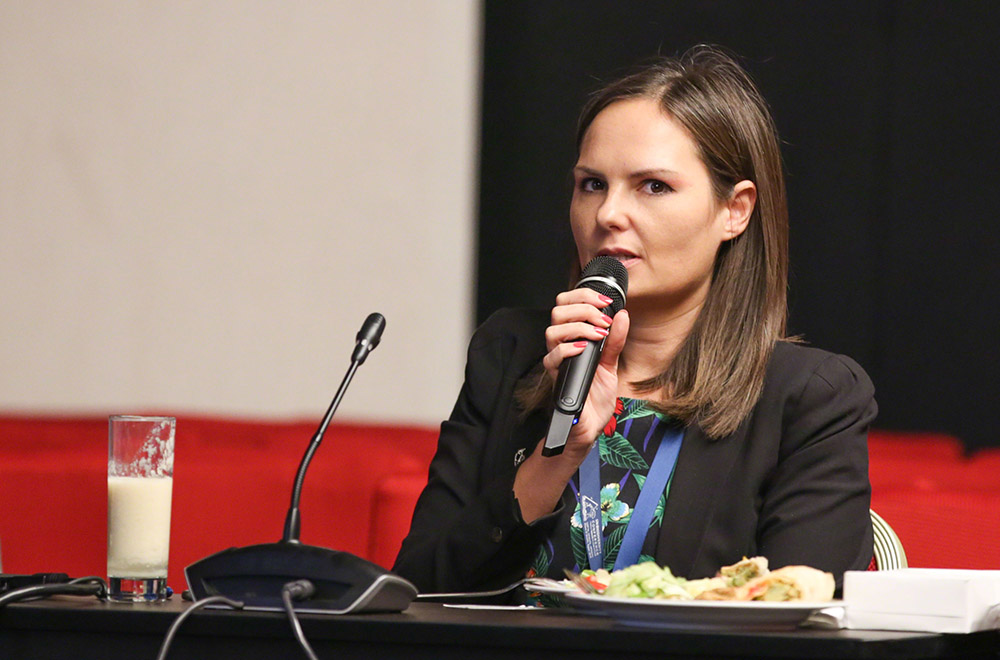
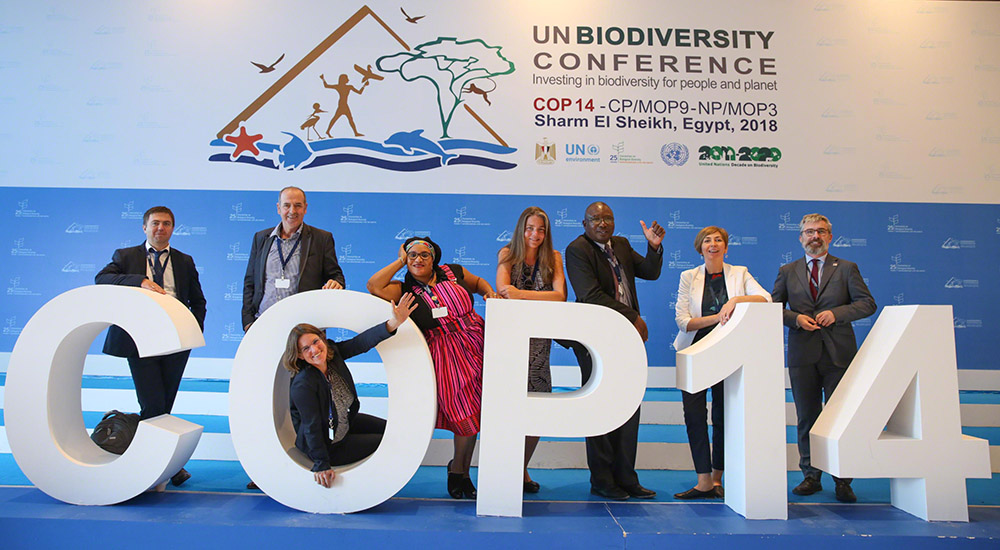
CONTACT
Kristina Kujundžić | kristina.kujundzic@giz.de
Boris Erg | boris.erg@iucn.org
MORE INFORMATION
Civil Society Demonstration
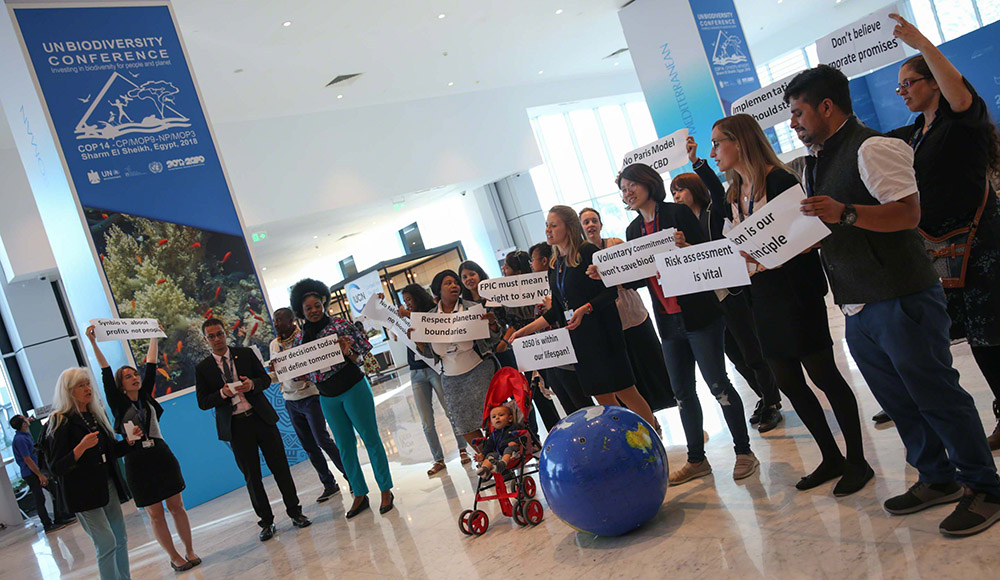
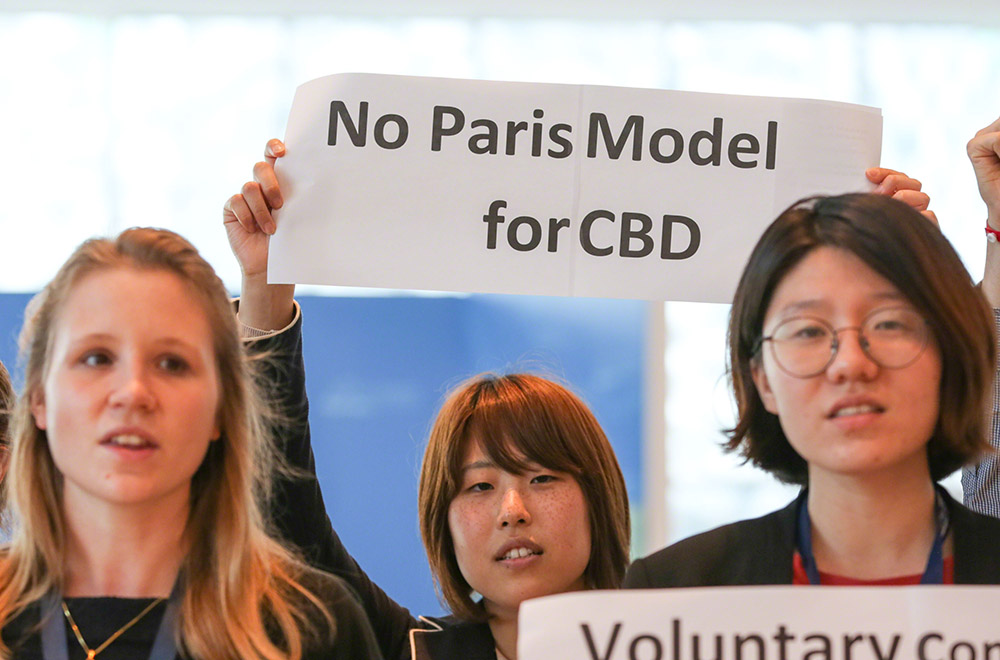

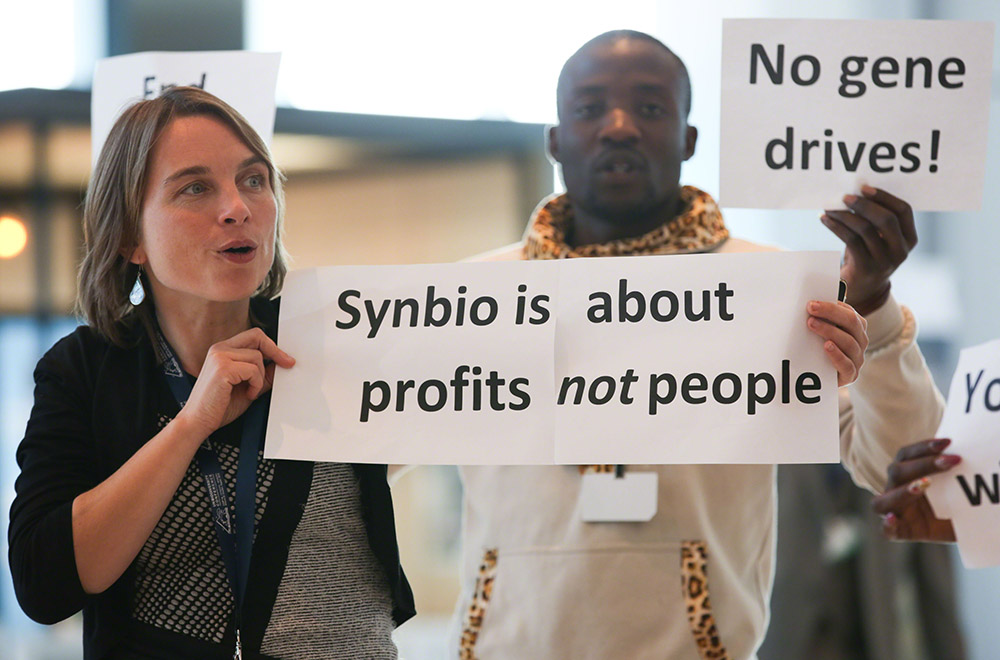

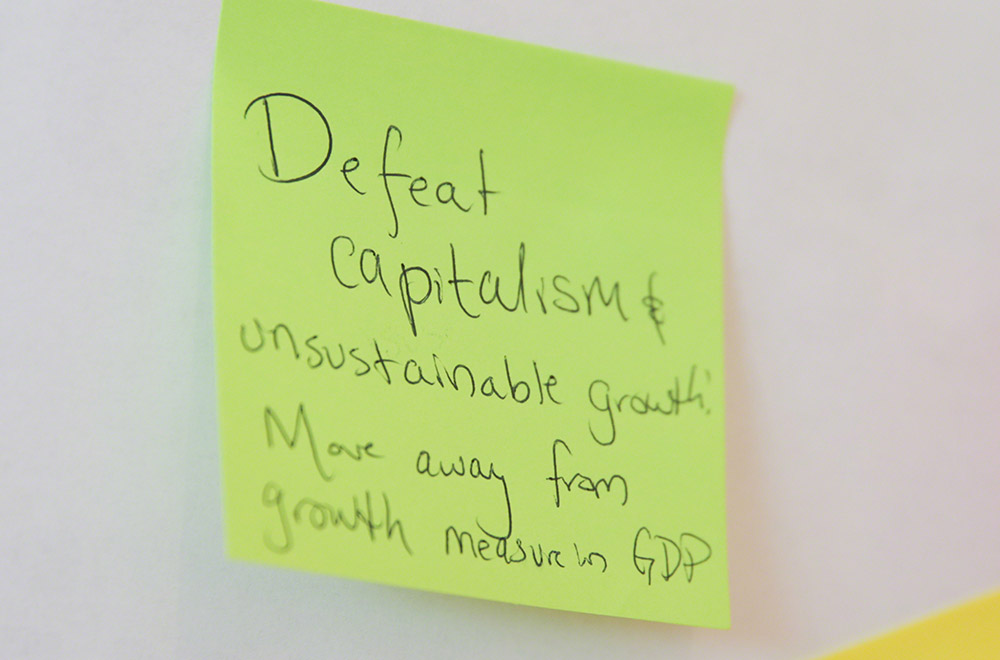


Around the Venue
